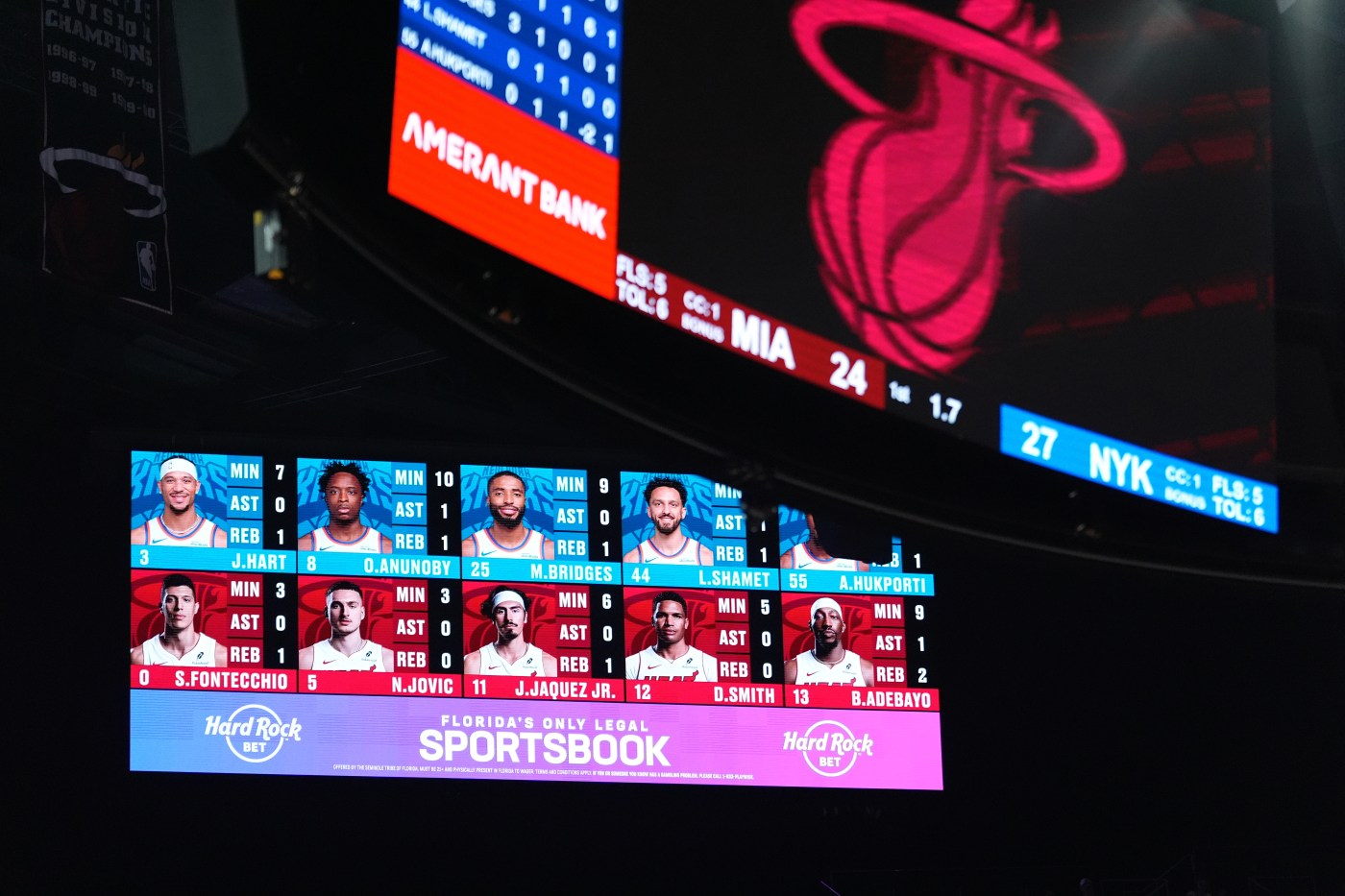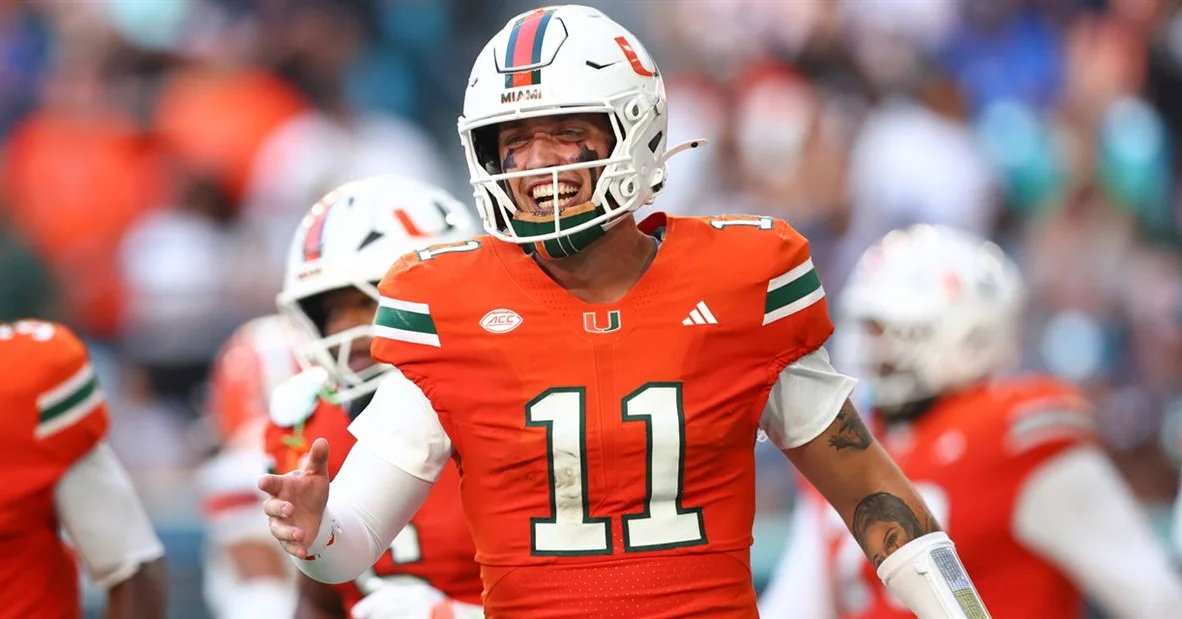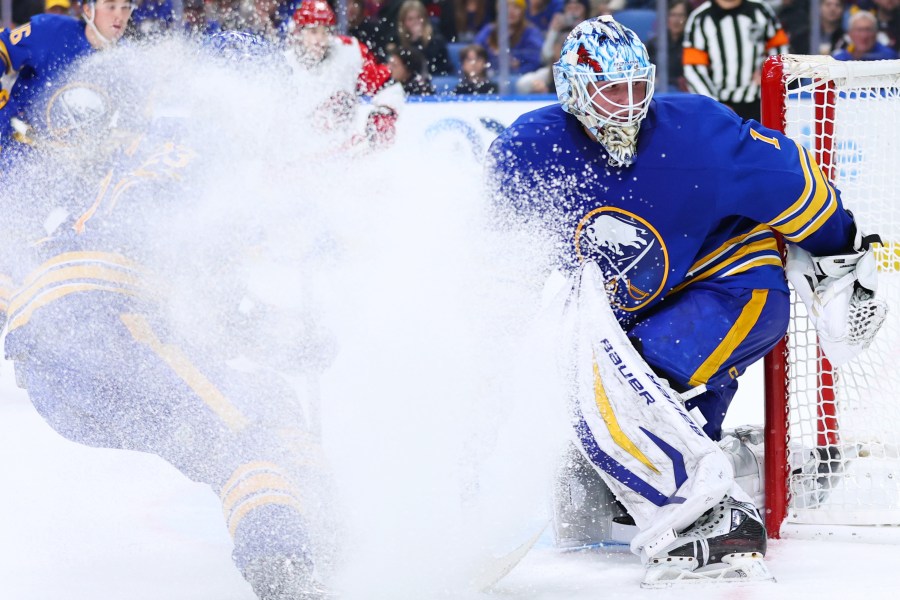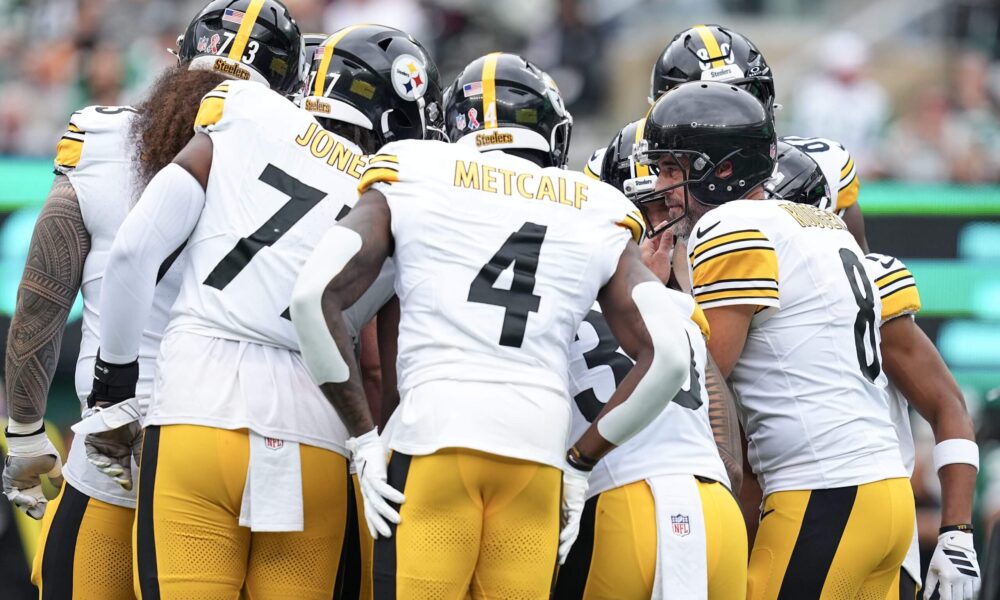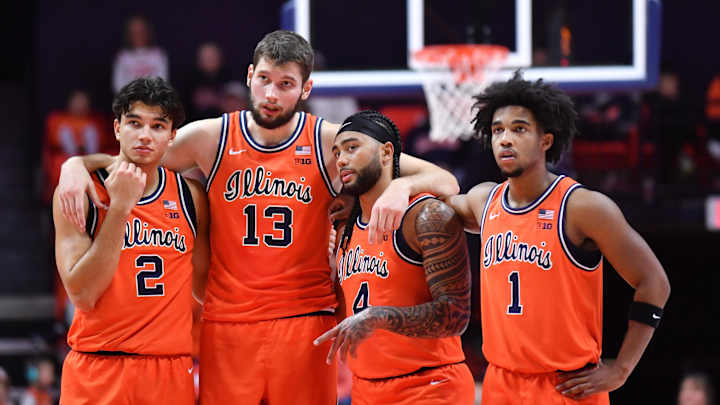The NCAA has approved a controversial rule change that permits student athletes and athletic department staff to place bets on professional sports. This decision came just hours before the FBI arrested over 30 individuals linked to a significant sports gambling scheme involving organized crime. The timing raises critical concerns about the integrity of college athletics and the potential risks posed to young athletes.
The indictments, filed in the U.S. District Court for the Eastern District of New York, detail a sophisticated operation that allegedly began in 2019 and spanned 11 states. Authorities claim that crime families used advanced technology to manipulate poker games, involving hidden cameras and programmable card shuffling machines, to defraud victims of millions of dollars. Notable figures, including Chauncey Billups, a Hall of Fame player and current head coach of the Portland Trail Blazers, were reportedly implicated in this scheme.
The involvement of high-profile athletes has compounded the challenges facing the NCAA, particularly as it grapples with the implications of allowing betting among its members. Adam Silver, the NBA commissioner, faces a public relations dilemma, but the NCAA must confront a deeper concern regarding the potential for corruption and exploitation within its ranks. The Supreme Court’s decision in 2018 that allowed states to legalize sports betting has created a landscape where gambling is increasingly normalized, yet the potential dangers remain.
A recent study from UC San Diego highlighted a 23% increase in internet searches for gambling addiction help since 2018, reflecting a troubling trend. While the NCAA’s new rules explicitly ban betting on college sports, experts warn that allowing athletes and coaches to gamble on professional events might lead to unintended consequences. The risk of addiction and financial distress looms large, especially for young adults who may lack the maturity to handle the pressures of gambling.
The NCAA’s decision to implement this rule change on November 1, 2023, has drawn criticism from various quarters. The organization has been investigating multiple gambling-related violations among its member schools, indicating the complexity of enforcing existing bans. The historical context of gambling scandals in sports, such as the infamous Black Sox scandal and recent match-fixing incidents in tennis, underscores the vulnerabilities inherent in allowing any form of betting.
The FBI’s recent arrests included former NBA player Terry Rozier, who is currently under contract for $100 million, and Damon Jones, a former player and assistant coach for the Los Angeles Lakers. These developments exemplify the potential for conflicts of interest and the exploitation of insider information. As the NCAA prepares to adapt to these changes, the integrity of college sports hangs in the balance.
With approximately 40,000 student athletes participating in NCAA basketball and around 8,000 coaches, the implications of allowing betting are profound. The NCAA must consider whether its current regulatory framework can adequately protect young athletes from the perils of gambling. As history has shown, the intersection of sports and gambling can lead to devastating consequences, particularly for those at the beginning of their careers.
The NCAA is at a crossroads, facing pressure to embrace modern realities while safeguarding the interests of its athletes. The organization would be prudent to reassess its decision in light of recent events. With the potential for addiction and financial ruin on the horizon, the stakes have never been higher. The decision to allow betting among its member athletes and staff should not be taken lightly, especially as the landscape of sports gambling continues to evolve.

